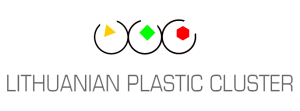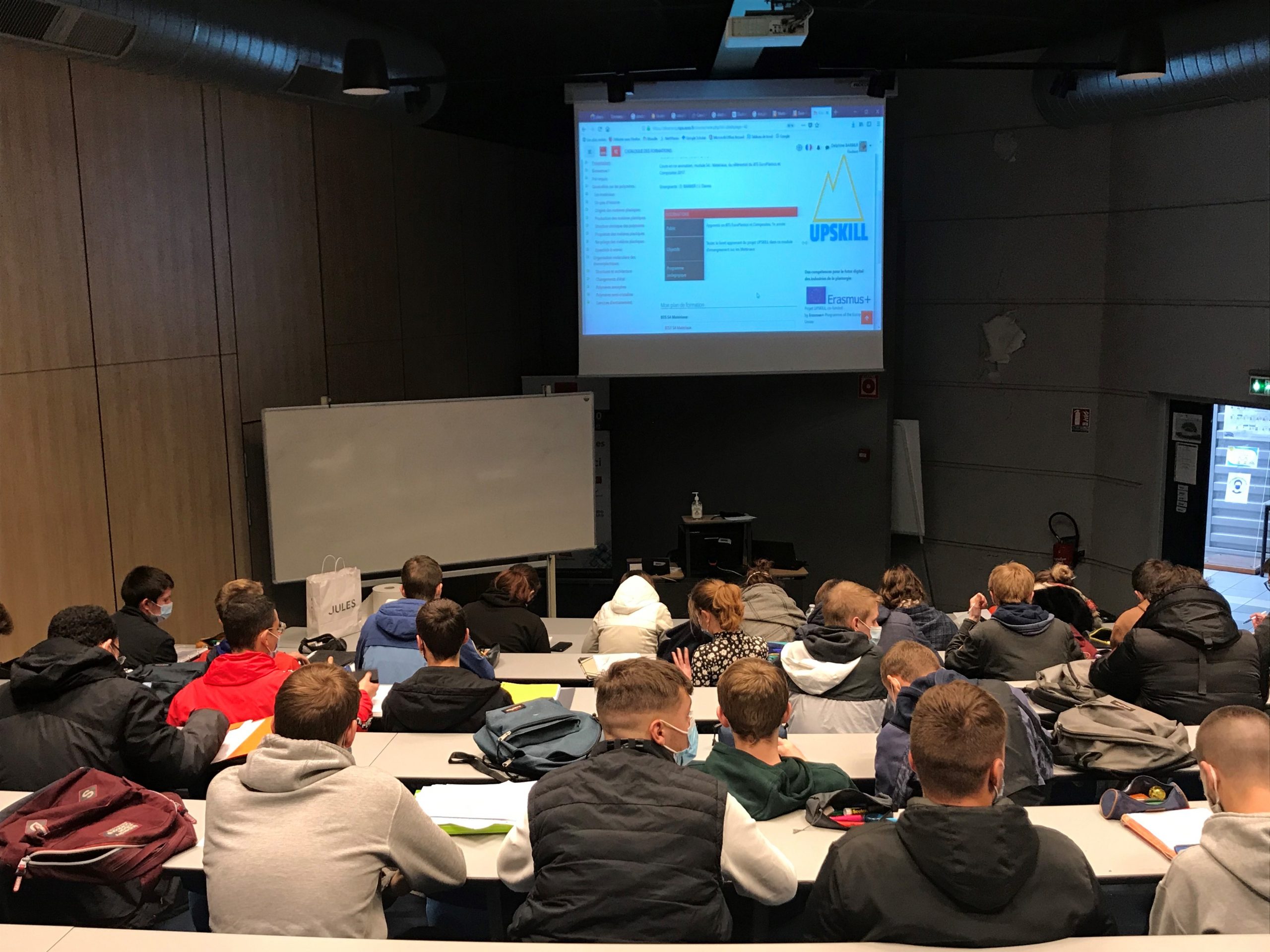The UPSKILL training material for plastics production line operators will be available soon
The international project UPSKILL, coordinated by LINPRA, has completed an important stage – the piloting of the training material for plastics production line operators has been completed and the final improvements of the material has started.
The UPSKILL project focuses on the profession of plastics production line operators. Assessing the current economic and demographic trends, the lack of specialist skills and the development of the necessary competencies is a relevant challenge in many Lithuanian and European plastics industry companies, and there is a severe shortage of these specialists in the European plastics sector. The UPSKILL project aims to link European vocational training systems to the needs of the labour market and to create and implement innovative curricula for these professionals. The project pays special attention to the development of digital, robotics and other advanced manufacturing technology skills, as well as the development of environmental and entrepreneurial competencies.
The training material of the project was prepared by an international team of experts from Finland, France and Lithuania: competent representatives of educational institutions, business and the European Plastics Sector Association EuPC. The adaptation (piloting) phase of the prepared material took place during the last four months of 2020 in Lithuanian (Visaginas Vocational School and Alytus Vocational Training Center), Finnish (TREDU) and French (ISPA) vocational training institutions. Teachers and students involved in the piloting of the material learned theories based on the Teacher’s Book and Student’s Handbook, developed in the project, and tested the practical tasks both at schools and in plastics moulding companies.
Vytautas Petkūnas, the director of Visaginas Vocational School and a member of the LINPRA Board, is hoping for effective results and tangible benefits for the sector: “The UPSKILL project aims to fill an existing gap by providing training materials that do not currently exist and developing skills of future employees in the sector, which are currently missing. The pilot phase of the project was successful, and the prepared material proved to be relevant – both teachers and students actively tested it and applied the theory in practice ”.
One of the project experts, UAB Intersurgical Extrusion Process Manager Laimonas Bačkys also agrees: “I am happy to participate in the UPSKILL project and share my accumulated knowledge in the development of the training program. Thanks to a competent team of experts and coherent cooperation, we have really succeeded in developing an excellent training program for the profession of plastics production line operators. By acquiring this knowledge, future employees will be able to integrate into the activities of Lithuanian or European plastic moulding companies significantly faster, and the companies themselves will reduce the costs of employee qualification training”.
In order to fully involve students in the piloting of the project, their international virtual meetings were organized, during which they presented and demonstrated how piloting works in schools. Teachers were pleased that the students particularly enjoyed the activity and were motivated by the opportunity to see how the UPSKILL material was adapted and how students from other countries were doing.
After testing the textbooks and the curriculum, the project participants prepared pilot reports and suggestions for improving the training material. Material corrections will take place in the next few months, and in May 2021, teaching material (program, teacher’s book and student’s textbook) for plastics production line operators will be available in Lithuania for the first time. The training material will be freely available to all and can be used both in vocational schools and in the factories of plastics production.
At the end of the project in April, a virtual international UPSKILL conference will be organized to present the final results. All representatives of the plastics sector are invited – European educational communities, plastics companies, future employers and employees.

